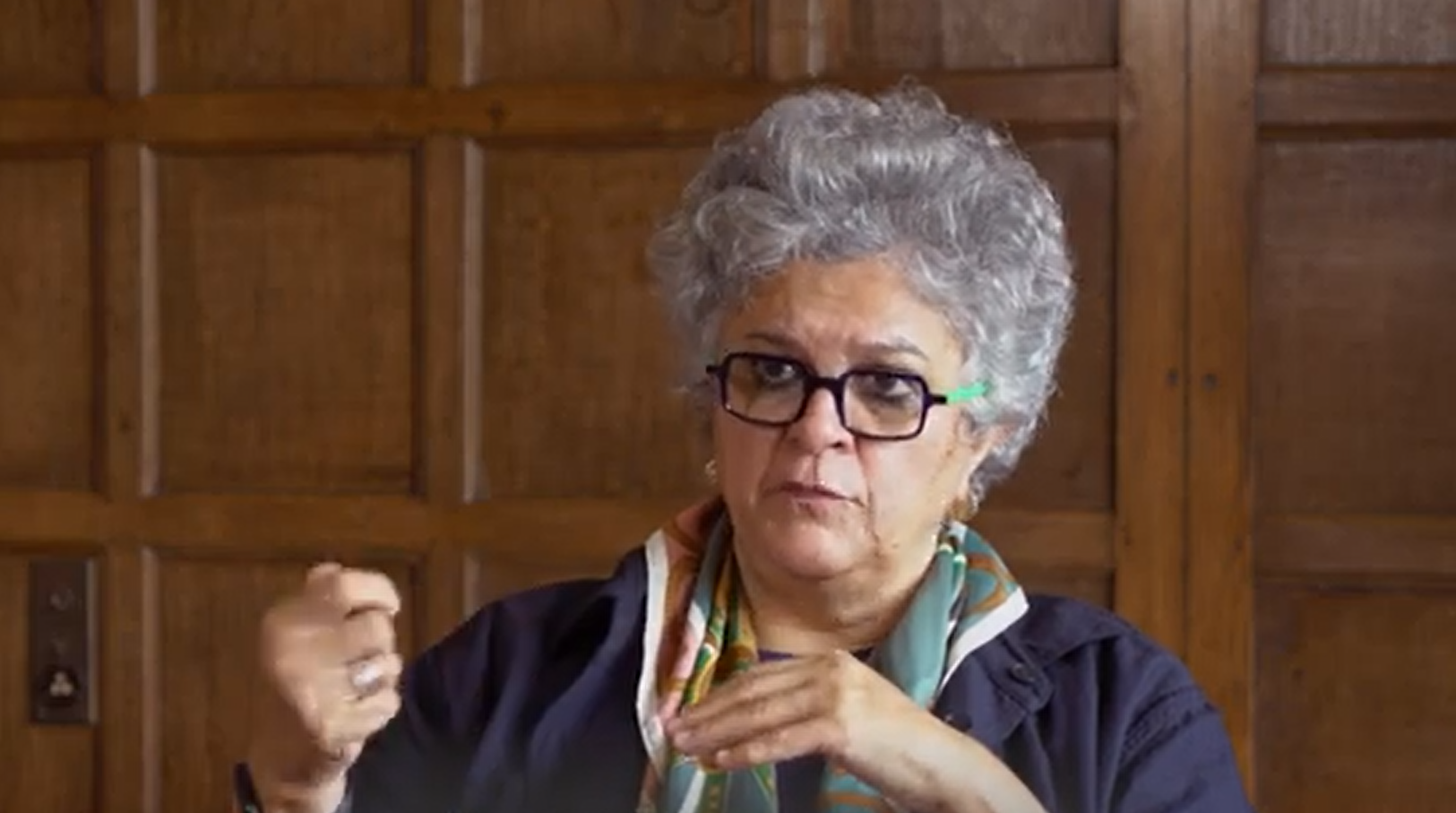In association with Allen & Overy LLP and Transparency International
This roundtable meeting examined whether the current international architecture for reporting and prosecuting money laundering activity is delivering on the intended outcomes.
The UK Prime Minister’s recent speech on the role of open economies, open societies and open governments in advancing trade, ensuring tax compliance and promoting greater transparency in driving global economic growth, provide the backdrop for a closer examination of specific sets of regulations. With transparency and anti-corruption measures for exposing illicit flows playing a key role in the wider global prosperity agenda, this roundtable will examine whether the current international architecture for reporting and prosecuting money laundering activity is delivering on the intended outcomes.
Does more data always equal better results, or are there efficiencies and improvements to be gained by a different approach to regulation and reporting of money laundering activities? Does international policy – and at a more local level, EU and UK policy – match the increasing demands for companies and institutions of governance to deliver results when it comes to identifying barriers to prosperity caused by money laundering?
The key points from this meeting were:
- The overall AML/CFT framework is suitable, outcomes need to be improved
- Technical compliance is necessary, but not sufficient – effective implementation is key
- Greater transparency of ownership should improve outcomes, but must not merely impose burdens on the willing and compliant
- Financial institutions must improve their game, but good work should not go unnoticed
- Greater guidance and consistency on data protection issues – nationally and internationally – would be welcome
- Senior levels in financial institutions must be held responsible, with appropriate criminal and regulatory sanctions used to change behaviour, both personally and corporately












